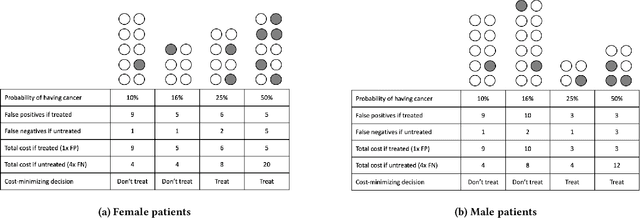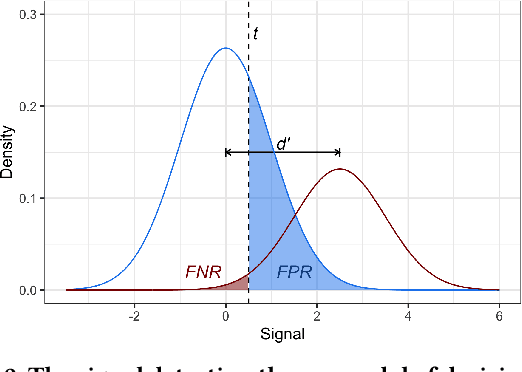Fairness On The Ground: Applying Algorithmic Fairness Approaches to Production Systems
Paper and Code
Mar 24, 2021

Many technical approaches have been proposed for ensuring that decisions made by machine learning systems are fair, but few of these proposals have been stress-tested in real-world systems. This paper presents an example of one team's approach to the challenge of applying algorithmic fairness approaches to complex production systems within the context of a large technology company. We discuss how we disentangle normative questions of product and policy design (like, "how should the system trade off between different stakeholders' interests and needs?") from empirical questions of system implementation (like, "is the system achieving the desired tradeoff in practice?"). We also present an approach for answering questions of the latter sort, which allows us to measure how machine learning systems and human labelers are making these tradeoffs across different relevant groups. We hope our experience integrating fairness tools and approaches into large-scale and complex production systems will be useful to other practitioners facing similar challenges, and illuminating to academics and researchers looking to better address the needs of practitioners.
 Add to Chrome
Add to Chrome Add to Firefox
Add to Firefox Add to Edge
Add to Edge